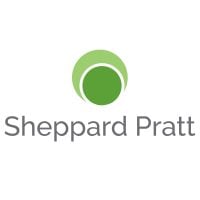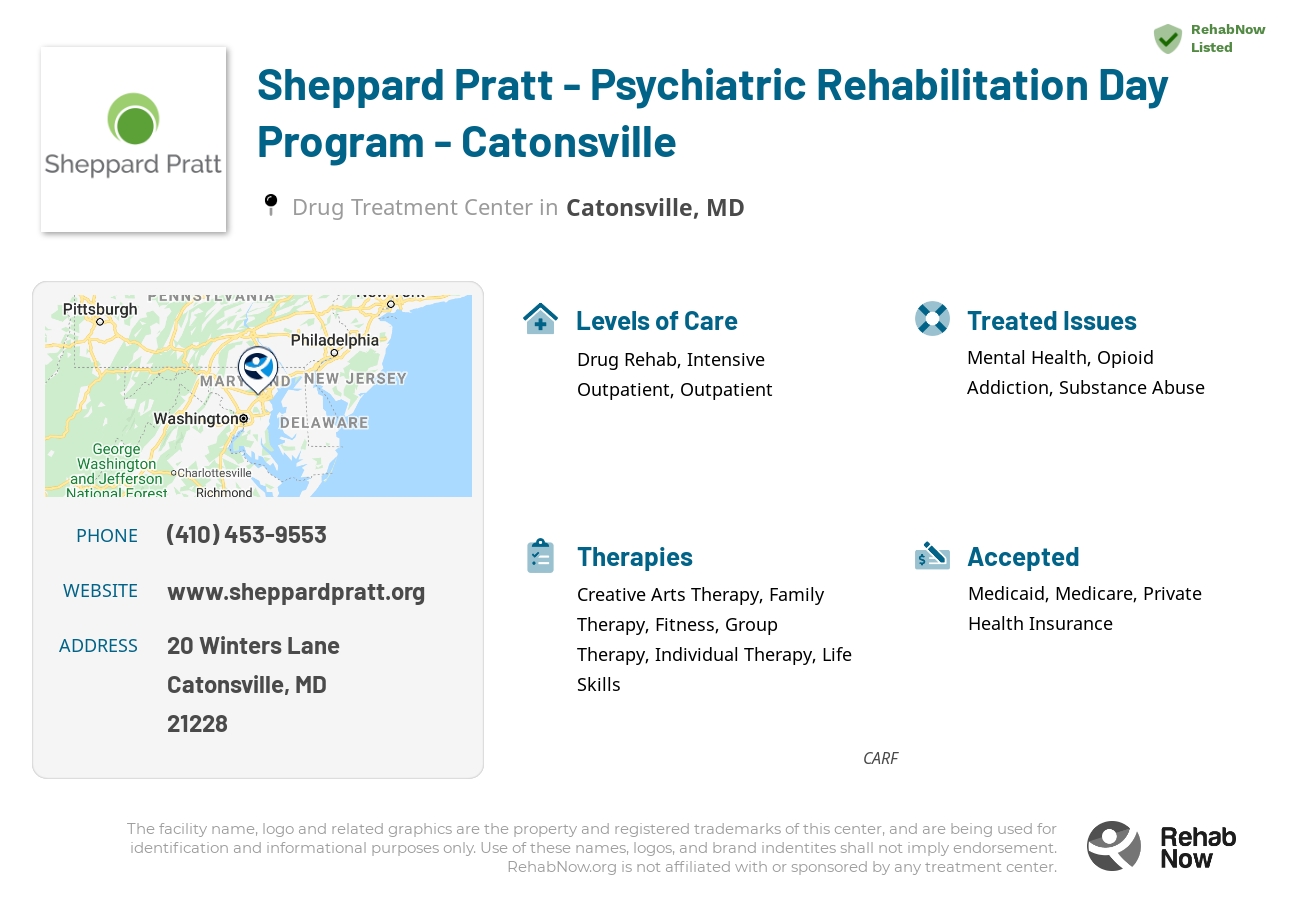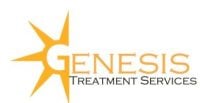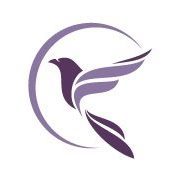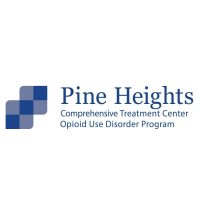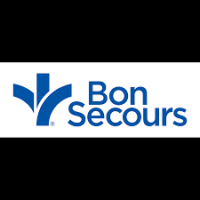Sheppard Pratt - Psychiatric Rehabilitation Day Program - Catonsville
Drug Rehab Center in Catonsville, Maryland
The Sheppard Pratt - Psychiatric Rehabilitation Day Program - Catonsville in Maryland is an accredited CARF outpatient and intensive outpatient opioid addiction rehab that accepts private health insurance.
About Sheppard Pratt - Psychiatric Rehabilitation Day Program - Catonsville in Maryland
Sheppard Pratt – Psychiatric Rehabilitation Day Program in Catonsville, MD, stands out for its dedicated treatment of mental health concerns, opioid addiction, and substance abuse. This private facility is not just known for its serene environment but also for its specialized programs that cater to a range of addictions and co-occurring disorders, ensuring a tailored approach to recovery.
Accredited by both JCAHO and CARF, Sheppard Pratt confirms its dedication to maintaining the highest standards of care. This rehab facility offers a wide spectrum of services ranging from detox to inpatient and outpatient programs, making it accessible to those with private health insurance seeking comprehensive and personalized treatment paths.
- Comprehensive Care: Sheppard Pratt offers everything from detoxification to intensive outpatient programs, with a focus on personalized treatment plans.
- Dual Diagnosis Treatment: This facility is equipped to handle complex cases of addiction alongside mental health conditions, offering integrated therapy options.
- Accredited and Reputable: Having earned accreditations from JCAHO and CARF, Sheppard Pratt stands as a beacon of quality and reliability in addiction and mental health treatment.
Sheppard Pratt addresses a variety of issues, including drug and alcohol addiction, opioid dependence, and co-occurring mental health disorders. Treatment methods encompass evidence-based therapies like CBT and group counseling, supported by holistic approaches to aid in achieving sustainable sobriety and improving mental health.
Genders
Ages
Modality
Additional
Accreditations

JCAHO

CARF
The Commission on Accreditation of Rehabilitation Facilities (CARF) is a non-profit organization that specifically accredits rehab organizations. Founded in 1966, CARF's, mission is to help service providers like rehab facilities maintain high standards of care.
Conditions and Issues Treated
Substance abuse is a severe problem that affects many people in Catonsville, MD. It is characterized by the excessive and inappropriate use of drugs, including alcohol, medications, and illicit drugs. Substance abuse can lead to physical or psychological dependence and affect social life and relationships. Treatment options include medications, counseling sessions, behavioral therapy, and group therapy. If you are suffering from substance abuse, contact for the latest treatments available.
Opioid addiction is when someone becomes addicted to opioids. This can happen quickly due to any opioid use. Opioid withdrawal can be uncomfortable and lead the user to continue using even if they want to quit. It’s best to receive inpatient treatment for detoxification.
Even if a person doesn’t need inpatient treatment, it’s recommended to start rehabilitation or at least some kind of outpatient treatment. This is because the withdrawal symptoms from opioids can be uncomfortable and unpleasant, to the point that a person could end up using again or worse.
Detoxification should be done to break the physical addiction of opioids. This can be done with opioid replacement therapy, medication-assisted therapy, or a more traditional detoxification program. Intensive outpatient treatment is a form of addiction care that allows patients to continue living at home while undergoing treatment. This type of care is appropriate for patients who have been treated in residential treatment programs. Intensive outpatient programs include regular visits to the facility providing therapy, and patients gradually return to their routine life. IOP benefits most when patients have a supportive family member or friend to help them recover.
The first step to getting into an intensive outpatient program is to attend a detoxification facility. Detoxification facilities are designed to remove substances from the body safely. The patient will attend sessions designed to help them understand their addiction and its impact on their lives. While in an intensive outpatient program, therapy sessions are scheduled three to five times per week, with the patient attending no more than two sessions in one day.
Levels of Care Offered
This center offers a variety of custom treatment tailored to individual recovery. Currently available are Drug Rehab, Intensive Outpatient, Outpatient, with additional therapies available as listed below.
An intensive outpatient treatment program, or IOP, is set up for those struggling with an addiction to begin the recovery process. However, the patient will not live at the facility during treatment.
IOP involves patients coming in and out of a medical office building regularly to receive therapy and other services while continuing their life outside of these visits.
IOP is a step up from drug detoxification or alcohol detox. However, it’s still considered a phase of recovery rather than the ultimate goal. There are many rehabs and treatment facilities available to patients in need of IOP.
Outpatient treatment consists of counseling and therapy sessions. The outpatient treatment process begins with the addict’s initial detox period, lasting about ten days. Outpatient treatment is used for those who are at moderate risk for “slipping back” into the addiction. It is also used for those who are not currently experiencing any side effects from withdrawal, can handle social pressure, have a stable living environment, and have a good support system.
Therapies & Programs
Individual Therapy is a crucial component of addiction recovery. Therapists work with patients to identify the root of their addiction and figure out how to better handle the issues that led to them using drugs. Individual Therapy is one on one sessions where people meet with their therapist. Individual therapy provides a safe space for people to open up and discuss personal and sensitive topics which they may not feel comfortable discussing in a group setting.
In this type of therapy, therapists can develop specific solutions for each patient, which helps speed up their recovery process. In addiction recovery, therapy is a crucial part. It allows patients to go deep into their core issues and discover how those problems can be better handled now. Therapy can be performed in individual sessions as well as group settings. In individual therapy for addiction, the patient meets with the therapist one-on-one to focus on the underlying issues of addiction and come up with solutions to prevent future abuse.
Family therapy is a crucial part of drug treatment and getting sober. It is one of the most effective ways to help addicts stay on the path to long-term sobriety. One of the most important parts of family therapy is the relapse prevention plan. During treatment, therapists and doctors will often sit down with the addict and their family to develop a plan if the addict ever feels like they want to use again. This plan should involve steps the addict and family can take together to prevent them from relapsing in the future.
An addict’s family can play a vital part in helping them to avoid relapse because they can spot the warning signs and help them get back on track before it becomes too much of a problem. Family therapy is one of the most effective ways to help addicts stay on the path to long-term sobriety.
Group Therapy is employed by drug treatment centers like Sheppard Pratt - Psychiatric Rehabilitation Day Program - Catonsville to provide the recovering addict with a platform to talk about their feelings and experiences. It also provides for an opportunity to learn from other addicts who have successfully overcome their addiction. It is recommended that all group members be recovering addicts for this type of therapy to work.
Life Skills Services provide services aimed at helping people enter into and maintain long-term sobriety. The services are offered at varying levels of intensity, specific to the needs and requirements of each patient. Some benefits of these services are restoring hope and empowerment, enhancing family involvement, increasing patient compliance, and reducing relapse rates.
Training someone on improved life skills allows someone recovering from an addiction to feel more capable of taking care of him or herself. The skills taught in Sheppard Pratt - Psychiatric Rehabilitation Day Program - Catonsville are daily skills that give a better recovery foundation by simply giving the person tools they need to survive.
Patient Experience
Creative Arts
Creative arts therapy is a form of expressive therapy that can help individuals express themselves in a nonverbal way. Because addicts often feel trapped by their addictions and have a difficult time finding the words to express how they are feeling, creative arts therapy can be beneficial in treating addiction by offering alternative options for expression.
Art therapy can benefit people who are in addiction treatment services in the following ways:
- Encourages self-expression
- Creates a strong foundation for emotional healing
- Offers an outlet to express thoughts and feelings without speaking
- Can be incorporated into different types of therapy sessions to help addicts work through difficult issues, stress or anxiety.
Fitness Therapy
Fitness therapy is beneficial in drug treatment programs as it provides an alternate coping mechanism for stress and a new outlook on life. It is especially useful for those who were formerly involved in organized sports. Additional benefits of fitness therapy are enhanced physical appearance, an improved body image, and socialization with like-minded individuals.
Payment Options Accepted
For specific insurance or payment methods please contact us.
Is your insurance accepted?
Ask an expert, call (888) 674-0062
Sheppard Pratt Associated Centers
Discover treatment facilities under the same provider.
- The Retreat at Sheppard Pratt in Towson, MD
- Sheppard Pratt Outpatient Mental Health Clinic - Columbia in Columbia, MD
- Sheppard Pratt - Psychiatric Rehabilitation Day Program - Lanham in Lanham, MD
- Mosaic Community Services - Catonsville in Catonsville, MD
- Sheppard Pratt - Outpatient Mental Health Clinic - Hagerstown in Hagerstown, MD
Learn More About Sheppard Pratt Centers
Additional Details
Specifics, location, and helpful extra information.
Catonsville, Maryland 21228 Phone Number(410) 453-9553 Meta DetailsUpdated April 15, 2024
Staff Verified
Sheppard Pratt - Psychiatric Rehabilitation Day Program - Catonsville Patient Reviews
There are no reviews yet. Be the first one to write one.
Catonsville, Maryland Addiction Information
For the past decade, Maryland's rate of drug use and abuse has significantly increased. The overdose rate is currently higher than the national average. This epidemic is due to the many industries where manual labor is required. As soon as prescription opioids were more readily accessible a large part of manual workers started using–and eventually abusing–the painkillers.
Catonsville, Maryland, has seen a significant rise in drug addiction and abuse problems. In 2016, there were 858 drug-related emergency room visits in the city. 9.4% of the population has admitted to misusing prescription painkillers. 18% of residents have admitted to trying marijuana at least once. 12-step support groups are free for everyone. These groups provide addicts with a community of people who are all working towards their recovery.
Treatment in Nearby Cities
- Ellicott City, MD (3.4 mi.)
- Lusby, MD (65.2 mi.)
- Westover, MD (97.1 mi.)
- Cambridge, MD (60.5 mi.)
- Windsor Mill, MD (4.3 mi.)
Centers near Sheppard Pratt - Psychiatric Rehabilitation Day Program - Catonsville
The facility name, logo and brand are the property and registered trademarks of Sheppard Pratt - Psychiatric Rehabilitation Day Program - Catonsville, and are being used for identification and informational purposes only. Use of these names, logos and brands shall not imply endorsement. RehabNow.org is not affiliated with or sponsored by Sheppard Pratt - Psychiatric Rehabilitation Day Program - Catonsville.
